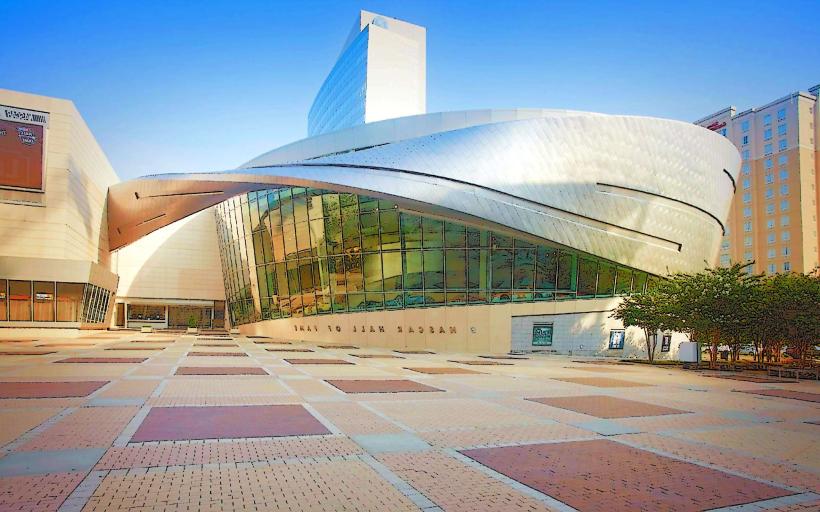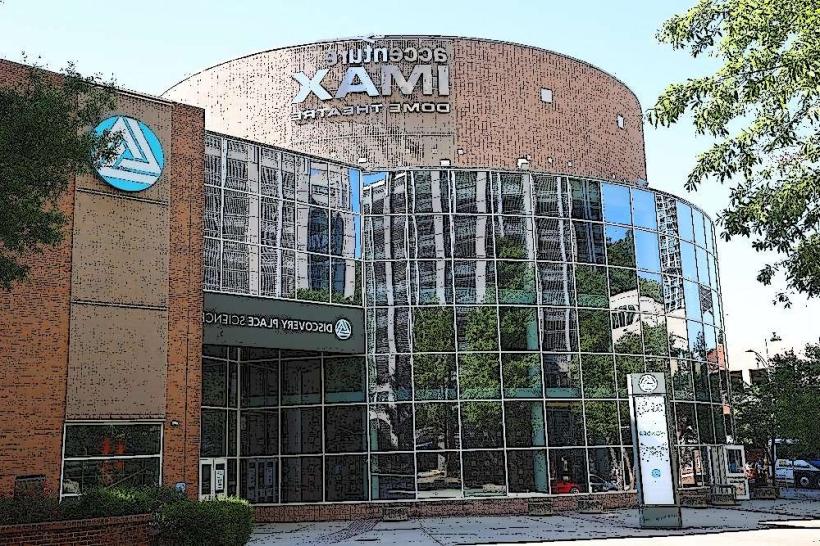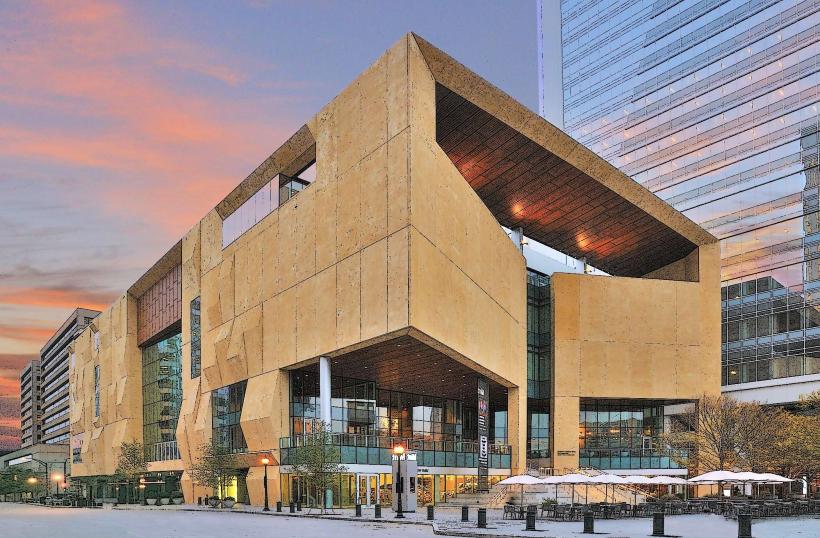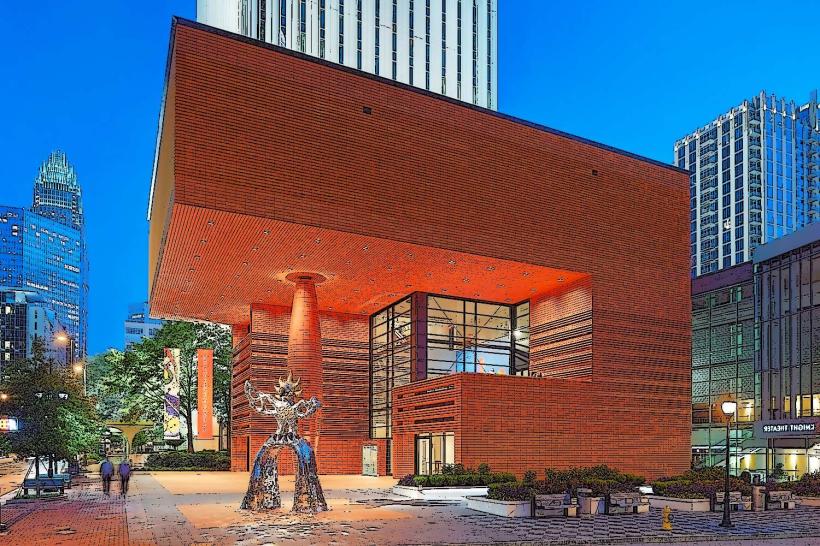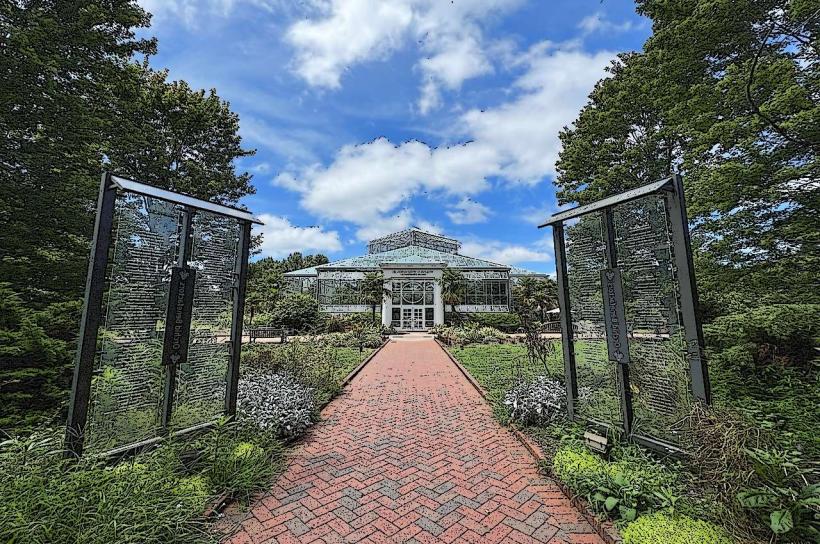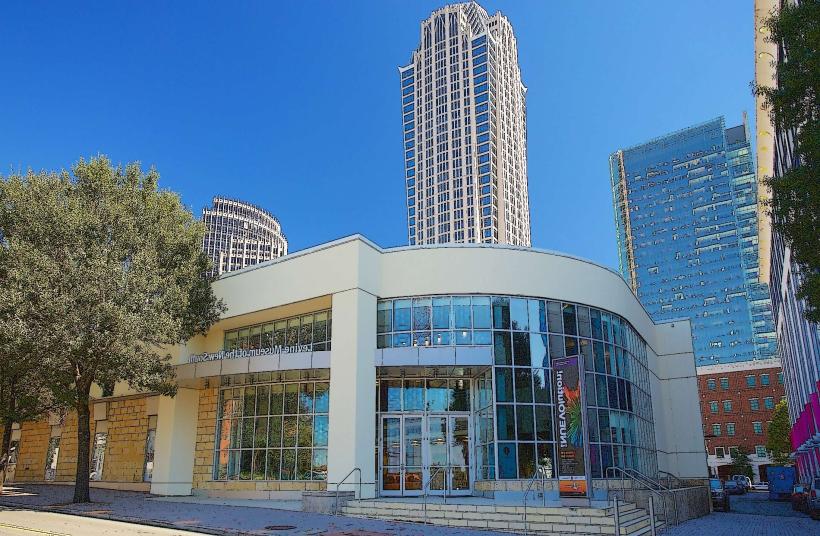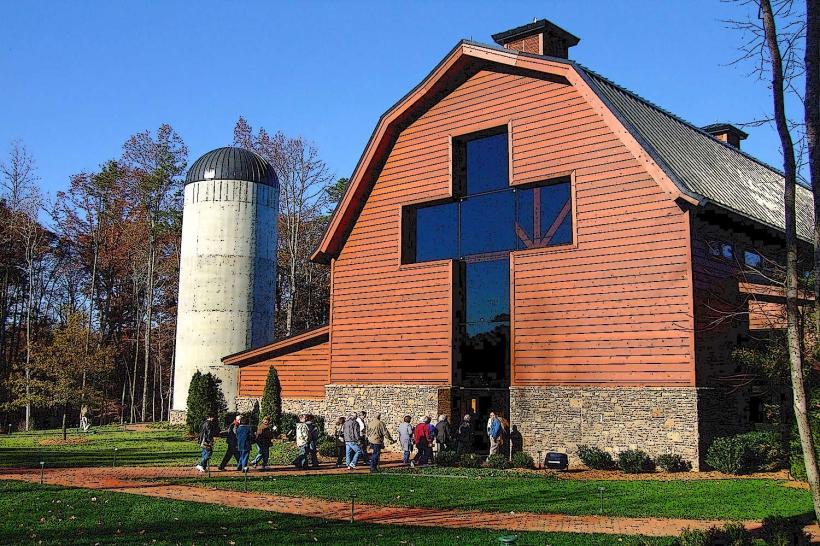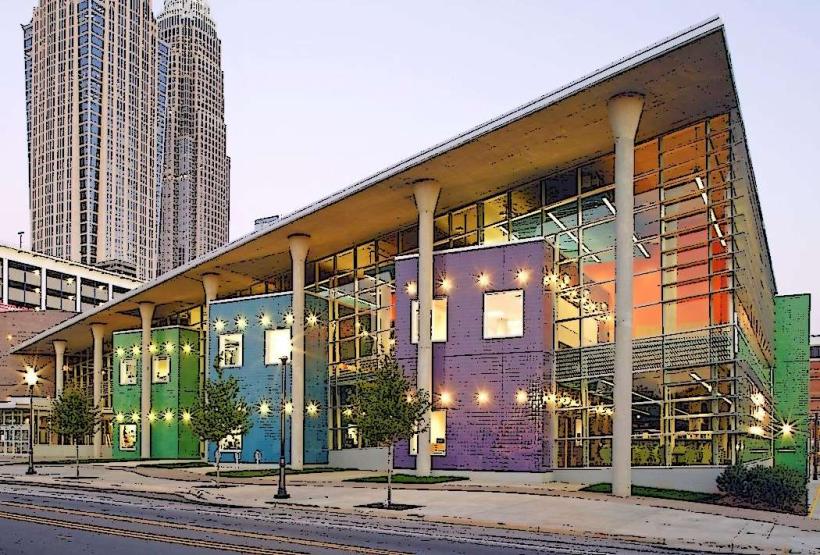Information
City: CharlotteCountry: USA North Carolina
Continent: North America
Charlotte, USA North Carolina, North America
Charlotte serves as the county seat of Mecklenburg County and is the largest city in North Carolina. It is a primary global financial center, currently serving as the second-largest banking hub in the United States by assets.
Historical Timeline
Founded in 1768 and named after Queen Charlotte of Great Britain, the city earned the nickname "The Hornet's Nest" during the American Revolution when General Cornwallis described it as a "hornet's nest of rebellion." Primary governance eras include its mid-19th-century gold rush (the first in the U.S.), its transition into a massive textile manufacturing hub, and its late-20th-century evolution into a financial titan led by the growth of Bank of America and Wells Fargo.
Demographics & Population
The population within city limits is approximately 900,000, with a metropolitan area exceeding 2.7 million. The demographics are White (40%), Black or African American (35%), Hispanic or Latino (15%), and Asian (7%). The median age is 34.5 years.
Urban Layout & Key Districts
The city center is referred to as Uptown (not downtown) and is divided into four wards. South End is the high-density center for young professionals, tech firms, and breweries. NoDa (North Davidson) serves as the arts and entertainment district. Dilworth and Myers Park are historic, tree-lined residential areas. University City surrounds UNC Charlotte to the northeast.
Top City Landmarks
Mint Museum (Uptown and Randolph locations)
Bank of America Stadium (Home of the Panthers)
U.S. National Whitewater Center
Transportation Network
Movement is serviced by the Charlotte Area Transit System (CATS), featuring the LYNX Blue Line light rail. Charlotte Douglas International Airport (CLT) is a major American Airlines hub and one of the world's busiest airports. Ride-sharing via Uber and Lyft is the dominant form of motorized transit. Traffic density is extreme on the I-485 loop and the I-77/I-85 corridors.
Safety & "Red Zones"
The general safety level is moderate. Caution is advised at night in specific areas of the Beatties Ford Road corridor and parts of West Charlotte, which experience higher rates of violent and property crime. Common scams involve fraudulent ticket sales near stadiums and aggressive panhandling in the Uptown transportation center.
Digital & Financial Infrastructure
Internet speeds average 350 Mbps with high fiber-optic availability via Google Fiber, AT&T, and Spectrum. Main mobile carriers are Verizon, AT&T, and T-Mobile. Card and mobile payment acceptance is universal. ATMs are ubiquitous, particularly Bank of America and Truist branches.
Climate & Air Quality
Temperatures range from 0°C to 11°C in winter and 22°C to 32°C in summer. Air quality is moderate. Specific weather risks include high humidity and "ice storms" in winter that frequently disable the power grid and transit.
Culture & Social Norms
The standard tipping percentage is 18–25%. A handshake is the standard greeting. Dress codes in Uptown are "Corporate-Professional," while the rest of the city is "Casual-Trendy." Smoking is prohibited in all public indoor spaces. The city has an intense cultural connection to motorsports and professional football.
Accommodation Zones
Uptown: Recommended for walking access to museums, the convention center, and professional sports venues.
South End: Recommended for proximity to the light rail, nightlife, and boutique dining.
Local Cost Index
1 Espresso: $4.75 (USD)
1 Standard Lunch: $18.00 (USD)
1 LYNX One-Way Fare: $2.20 (USD)
Nearby Day Trips
Lake Norman (30 km)
Crowders Mountain State Park (50 km)
Carowinds Amusement Park (20 km)
Asheville / Blue Ridge Mountains (210 km)
Facts & Legends
Charlotte was the site of the first documented gold find in the U.S. in 1799 (Reed Gold Mine). Historically, the city claims to have declared independence from Britain in 1775 (The Mecklenburg Declaration), though this is a subject of historical debate. A local legend involves the "Ghost of Fourth Ward," specifically at the Dunhill Hotel, where guests report spectral sightings and unexplained phone calls originating from empty rooms.

